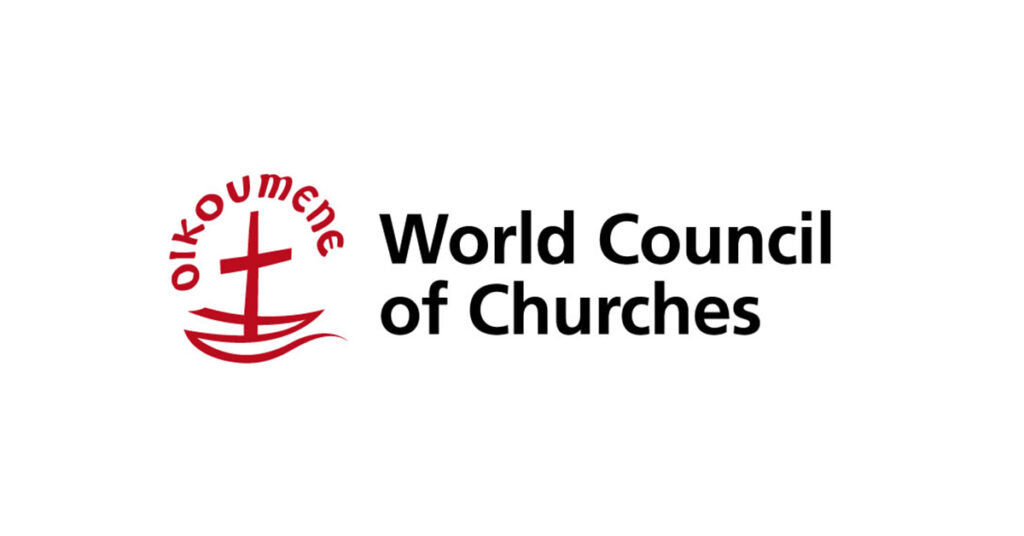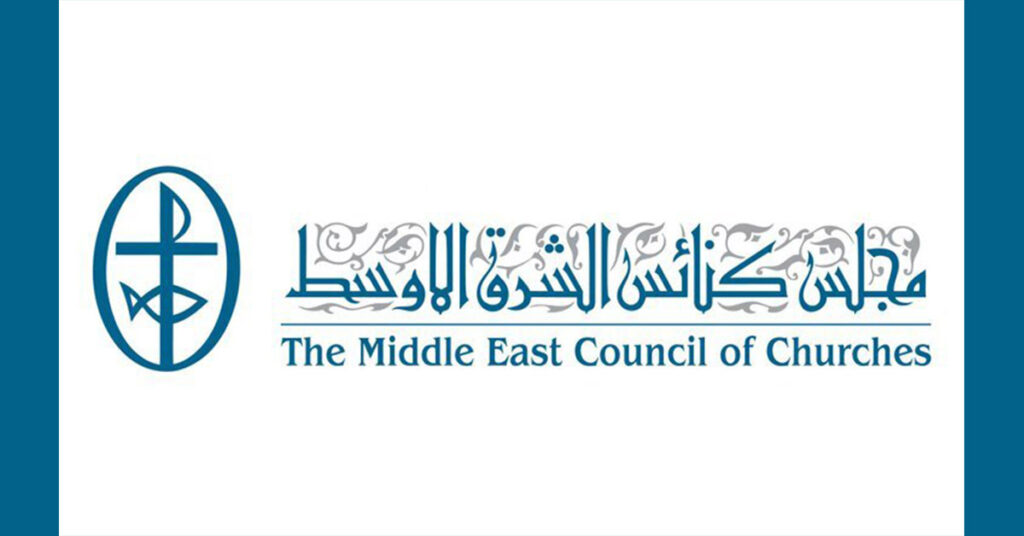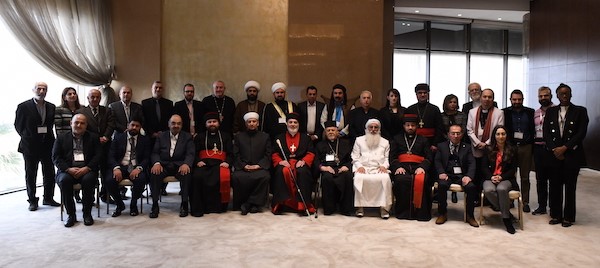WCC: Interfaith consultation on social cohesion in Iraq fields visions of hope
An interfaith consultation held 12-16 December in Beirut, Lebanon, offered the chance for participants from different traditions to share their vision for social and religious cohesion in Iraq, assessing the current context and envisioning the way forward.

Discussing education for social cohesion; the Iraqi constitution and its role in social cohesion; and the role of media in social cohesion, speakers reflected on faith, and human interdependence.
In his remarks, World Council of Churches (WCC) acting general secretary Rev. Prof. Dr Ioan Sauca reflected on how faith is part of the inner identity of a human being. “It touches the whole of the human life,” he said. “It refers to one’s faith in God but also defines one’s way of life: relationships with others and the whole world.”
The meeting was organized by the WCC and the Middle East Council of Churches.

All religions place human dignity at the heart of their values and call for social solidarity, inducing them to care for one another, Sauca added. “Therefore, religious leaders and religious institutions play an important role in the life of the local communities and contribute greatly to justice, peace and social cohesion,” he said. “Interfaith collaboration to address social cohesion in the region contributes to building bridges of trust between communities and setting the ground for a peaceful and prosperous society.”
Cardinal Louis Raphael Sako, Patriarch of the Chaldean Church, reflected on the political and social situation in Iraq, as well as the dialogue between churches, among other topics. “People cannot believe that the situation of this country will be better in the near future,” he said. “This is the hope of all Iraqis and one of the major requests of the manifestation in 2019.”
It takes time and is supposed to be supported by the international community, he added. “The west should not look for the economic interest, but for peace, harmony and human dignity,” he urged. “Churches in the Middle East should be united, otherwise we will have no future, since immigration will eliminate our patrimony (heritage) from Iraq’s history.”
His Holiness Mar Awa III, Catholicos-Patriarch of the Assyrian Church of the East worldwide, reflected on “Building Bridges, Not Walls.”
He said that the gathering reflected the WCC’s commitment and solidarity with Iraq as a people and a nation at this critical stage in its history, in which it faces difficult challenges in its noble quest for a dignified future for its citizens.
“If it is the nature of diversity to be a source of strength, wealth and beauty, then it carries with it factors of difference, conflict, rivalry and attempts to destroy, if those who are responsible for the nation do not realize how to manage this diversity and invest in it for the good of all the citizenry,” he said. “This is the challenge we are facing today as religious and spiritual heads to this diversity, just as the country of Iraq is facing in its institutions and its legislative and executive branches.” The mission is to build bridges, not walls between the various components of this diversity, he added. “The painful events of history that have offended peaceful and positive coexistence among the country’s components hurt all of us,” he said. “Some of these components are now threatened in their existence, despite the fact that their presence in Iraq has been deeply rooted in history for thousands of years.”
Full speech by Rev. Prof. Dr Ioan Sauca
MECC (in English and Arabic): Societal integration, dialogue and progress – Towards a common vision for Iraq
MECC (in English and Arabic): New Sessions of the Interfaith Consultation on Iraqi Social Cohesion in Beirut

